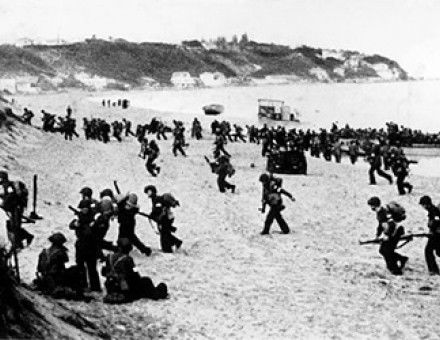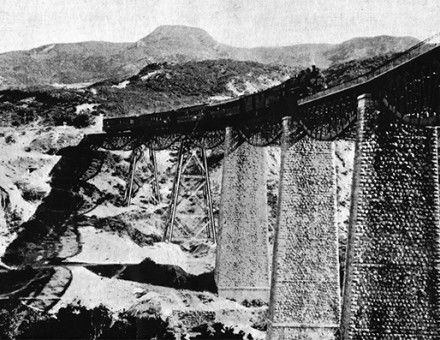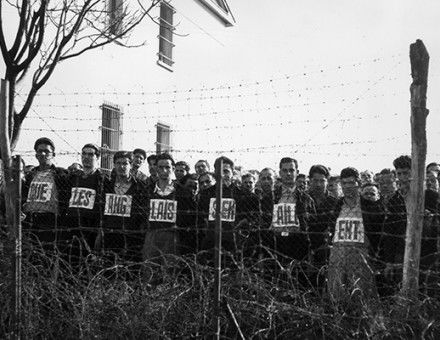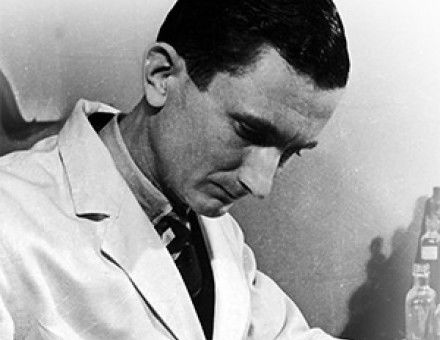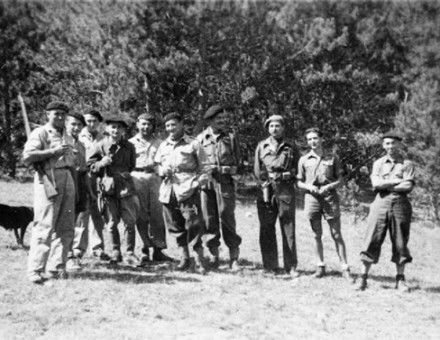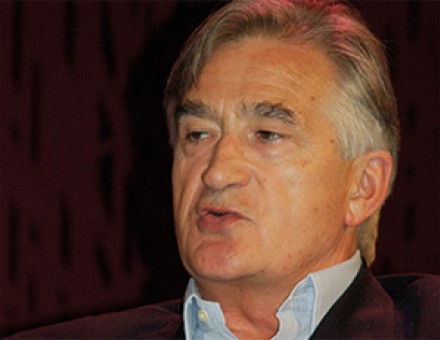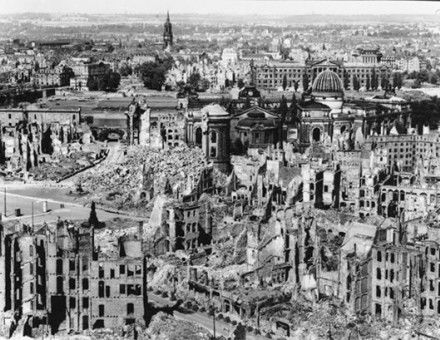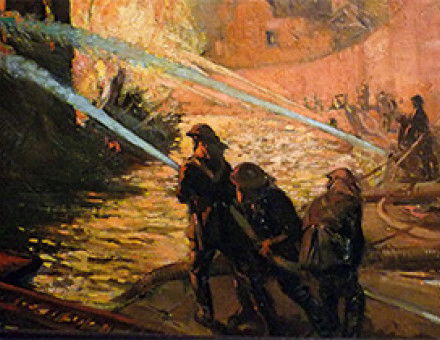Hitler & the Bomb-Plot Part III: In Paris
Only the infirmity of purpose displayed by the key-figure at the top, John Wheeler-Bennett writes, prevented the revolt against Hitler, which had failed in Berlin, from being continued successfully from Paris



